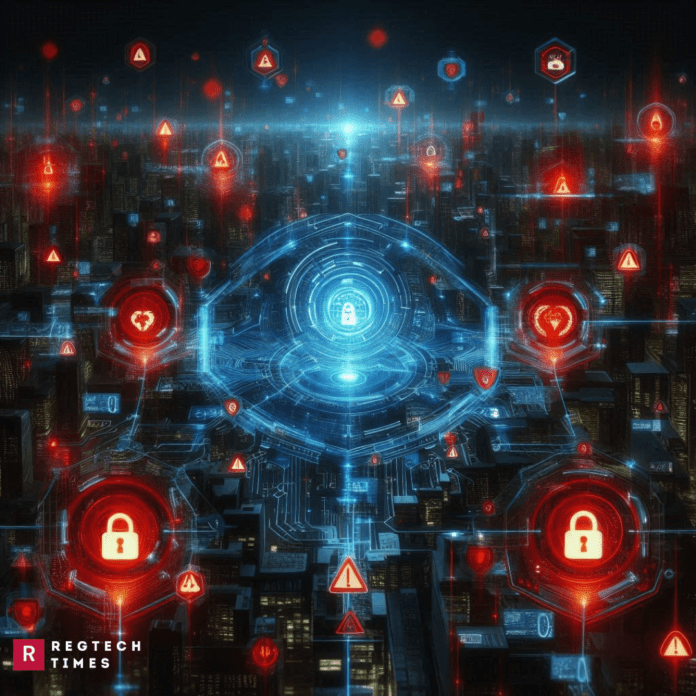US and Allies Take Action Against Zservers and Cyber Threats
The United States, along with Britain and Australia, has imposed strict sanctions on a Russian-based internet service provider known as Zservers. This company has been accused of assisting cybercriminals in carrying out ransomware attacks, particularly through a notorious cybercrime group called Lockbit. The sanctions were announced by the US Treasury Department, which stated that this move was taken to protect national security and critical infrastructure.
Ransomware attacks have become a growing problem for governments and businesses worldwide. These attacks involve hackers infiltrating computer systems, encrypting important files, and demanding a ransom in exchange for restoring access. The Lockbit ransomware group has been one of the most active cybercriminal organizations in recent years, launching attacks on companies, government institutions, and critical industries across multiple countries.
The US Treasury’s Office of Foreign Assets Control (OFAC), which is responsible for enforcing economic sanctions, blacklisted Zservers along with two Russian nationals. These individuals are believed to be the main administrators of the service. According to officials, Zservers provided a secure and anonymous platform for cybercriminals, making it easier for them to launch attacks without being detected by authorities.
How Zservers Facilitated Cybercrime
Authorities have described Zservers as a “bulletproof” hosting provider. In the world of cybercrime, this term refers to a hosting service that ignores legal requests to shut down criminal activities. Unlike regular hosting companies that cooperate with law enforcement, bulletproof hosting providers offer cybercriminals a safe space to operate, making it difficult to track and stop their illegal activities.
The US government has stated that cybercriminals depend on third-party network service providers like Zservers to carry out ransomware attacks. These providers act as the backbone of cybercrime operations, allowing hackers to communicate, store stolen data, and launch attacks from hidden locations.
Officials believe that Zservers played a key role in enabling Lockbit’s ransomware operations. By offering secure servers that law enforcement could not easily access, Zservers allowed hackers to remain anonymous while launching large-scale cyberattacks. These attacks targeted businesses, healthcare institutions, financial organizations, and even government agencies, causing significant disruptions and financial losses.
The impact of ransomware attacks can be devastating. Victims often face major financial losses, reputational damage, and operational shutdowns. Some organizations choose to pay the ransom to regain access to their data, while others refuse, leading to extended periods of downtime. Governments around the world have been working to combat ransomware attacks by targeting not only the hackers themselves but also the infrastructure that supports them.
A Broader Crackdown on Cybercriminal Networks
The sanctions against Zservers are part of a larger effort by the US, UK, and Australia to disrupt cybercriminal operations. This is not the first time these countries have taken action against cyber threats. In previous years, they have imposed similar sanctions on other cybercrime groups, including Evil Corp, another notorious ransomware group.
Sanctions play a critical role in weakening cybercriminal organizations. By blocking their financial transactions and cutting off access to resources, authorities aim to disrupt their operations. The sanctions against Zservers mean that any assets linked to the company will be frozen. Additionally, businesses and individuals from countries enforcing these sanctions will be prohibited from working with Zservers.
This action also sends a strong message to other cybercriminal service providers that governments are actively tracking and taking action against those who support illegal cyber activities. Cyberattacks have become one of the biggest security threats in the digital age, affecting industries, governments, and everyday internet users.
By targeting service providers like Zservers, authorities hope to dismantle the networks that enable cybercriminals to thrive. While ransomware groups constantly evolve their tactics, cutting off their infrastructure makes it harder for them to operate. The sanctions imposed on Zservers reflect a growing global effort to strengthen cybersecurity and protect critical digital infrastructure from cyber threats.


